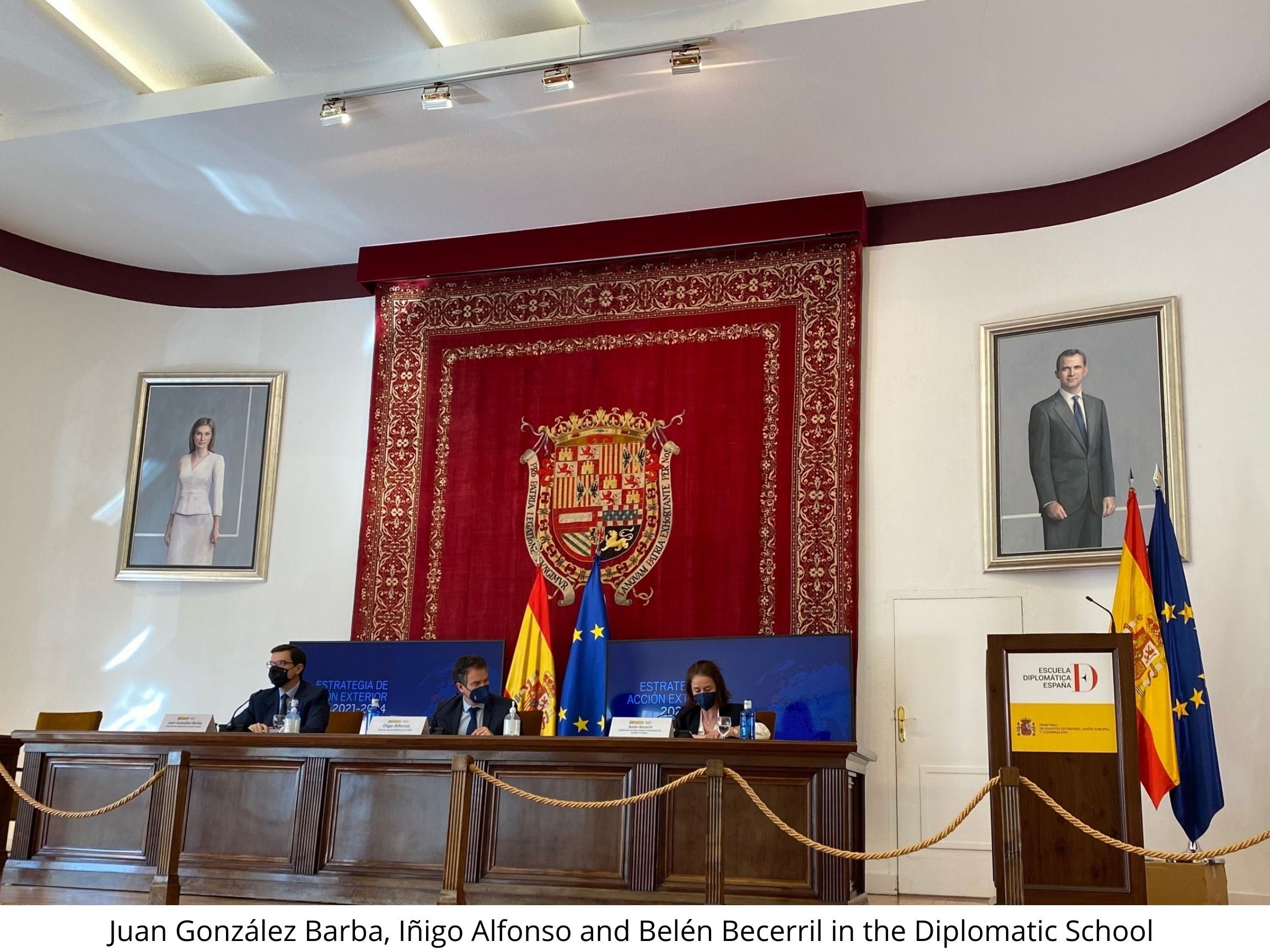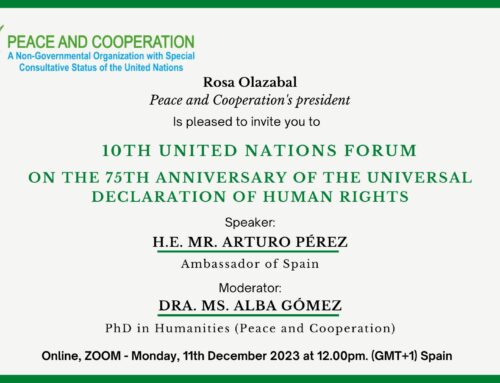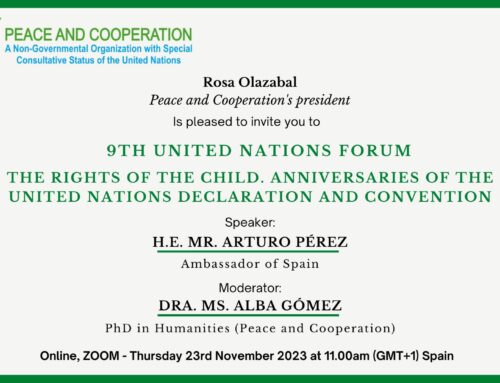After the events organized by the Diplomatic School to introduce the Spanish foreign action framed within sustainable development and the new challenges and procedures of the foreign action, on this occasion, the discussion focused on foreign action within the European Union. The discussion counted with the presence of Juan González Barba, Secretary of State for the European Union and Belén Becerril, deputy director of Royal University Institute of European Studies, that was moderated by Iñigo Alfonso, director of las mañanas in RTVE.
The discussion addressed different fields of the relations between the European Union and Spain. First, the importance of the UE in Spanish politics was remarked, and how the European politics are integrated in Spain. Nowadays this joint work is even more tangible with actions like the unified purchase of vaccines. Belén Becerril also emphasized that citizens have great expectations of this set of challenges, and it is necessary to show a unified union towards third countries.
Despite not having a central role before the primacy of the Franco-German axis, Spain holds an important role in the union, which has enabled Spain to grow. In the Spanish strategy, another question is the role that Spain must occupy in the union, the relations with other countries in the Council must also be reinforced, as well as defending the importance of the Commission, the Parliament, and the rest of the institutions. It is important to seek the balance of power between the countries and that it is proportional to the population of the member states. Belén Becerril showed her concern considering some isolated operations of the leaders of the member states, and therefore, she emphasized the importance of respecting the supranational sphere in the European Union.
It is essential to respect European values and the proceedings in pursuit of national and European interests. In this strategy, there is a specific mention on the support to a more autonomous strategy that makes Spain more resilient in key points, and in the joint actions in these points. As well as the importance of a commitment to a strong Europe in economic matters and foreign policy. The transfer of autonomy of the countries in favour of a common foreign policy is still difficult in the union.
The agenda of the current institutions are based on the ecological transition, digital transformation, and inclusiveness. The Union’s objectives are both in social matters regarding social inequalities, for example, poverty. On the other hand, economic matters such as reducing unemployment or helping companies. Beyond the economic objectives, the principle of solidarity is an essential element of the union as it is currently reflected in the distribution of vaccines to member countries.
Finally, both experts emphasized the construction of a more supportive Europe, which seeks joint responses in relation to refugees and border issues. The exit from Brexit also opens new responsibilities to the members of the Union to reduce the impact of their exit, carry out the exit agreement in the best way and facilitate relations between the two. Belén Becerril showed one of the positive aspects of leaving the United Kingdom, which has been the unity of the union throughout the entire process and how there is less talk of withdrawal among the member states.
Carolina Sánchez Caminal, Student Intern.
Peace and Cooperation






